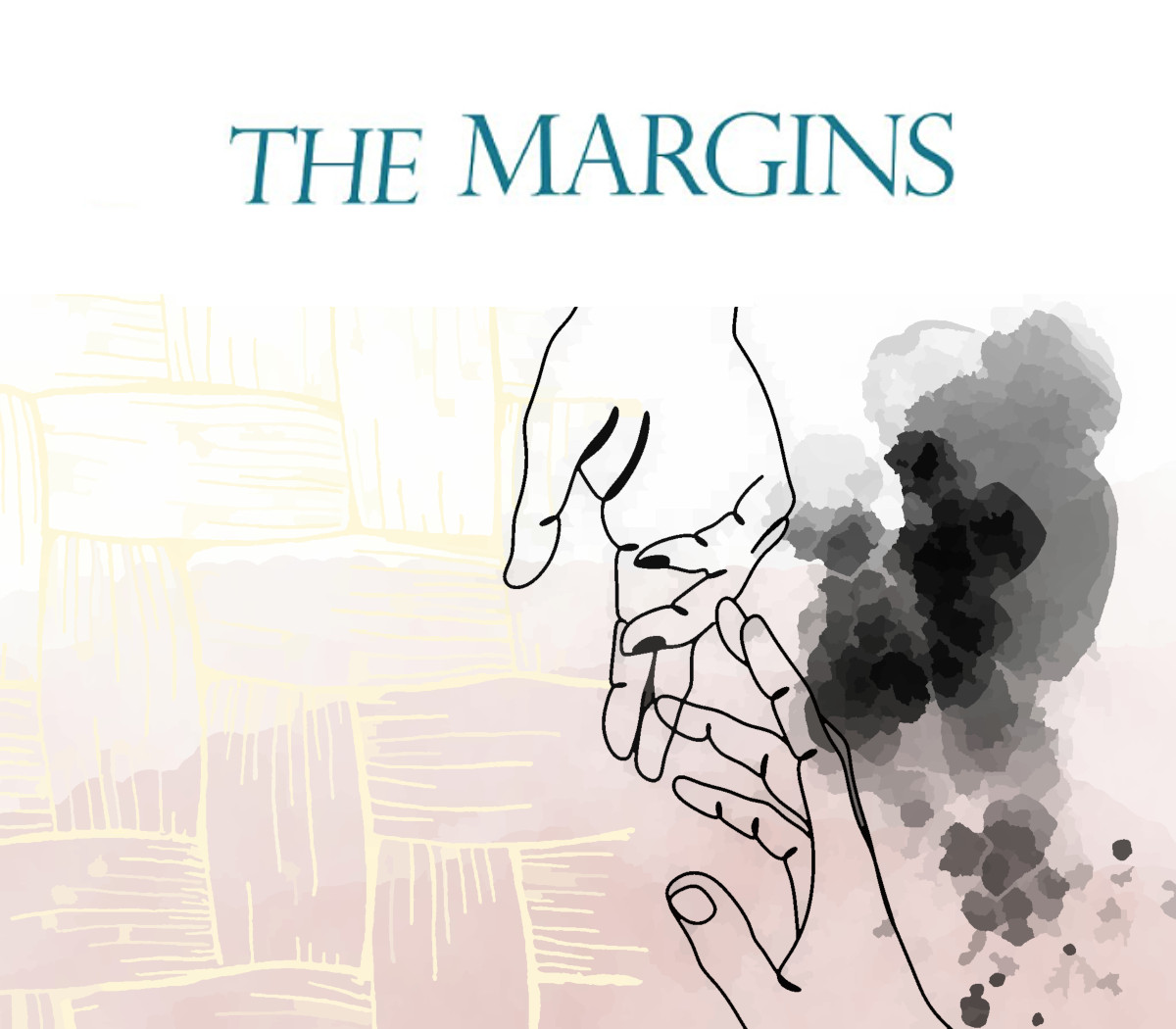“Home Ward (Seoul, Korea, 2012)” approximates the physical layout of a room. My memory of the real room, one of the last where my grandfather stayed, is marked by the concentration of patient beds in a rectangular space that, if empty, I would have considered a wide hallway.
Text makes up the beds like little tombstones to map the living. Names, vitals, and diagnoses were on charts that faced the inner hallway, but I was reading faces. My sightline flitted across the room in rows and in columns, looking for which bed might be my grandfather’s. The beds can be read upward or downward, rightward or leftward, such that multiples are true: “nurses scattered, weaving // through the patients”; “nurses scattered, weaving // tubes out of his long arm”; “nurses scattered, weaving // long walls”
Directions seem irrelevant, a colonial fiction of grid and manner, and yet they are chosen, or at least received. Each visitor passing the beds, looking for “their” person and fearing one specific death, makes a new arrangement of sight and speech; each permutation then presents an order true for a moment or a fragment, fresh and temporary logics: “me, a stranger holding // his hand. Their theory”; “me, a stranger holding // him for the first time”; “me, a stranger holding // liabilities”
Efforts to reform the architecture and design of these late wards, their crowded and forced conditions, often seem premised on making the places seem more like a private home, a kind of room where people who need less constant care might die, surrounded by their things. But what was strangest to me about the room was all the other strangers also dying in the shared place. It was bare and lonely, but vinyl couches and personal lamps would not have remedied that.
The unused vertical beds in the corner mark parallel realities beyond the room. My grandfather died an individual, like every person, but his impending death also marked the end of a larger possibility that the people in our family separated by the Korean border might reunite. Such hope is still a question of logistics for us descendants, but there can no longer be repair for the parents and children who directly lost each other and die unaware of one another’s deaths.
Depending on the reader’s path, the poem may end on a dream. I have met or watched him in my sleep several times, always under new circumstances, but that first dream was the clearest relief—the view of his body alone and unrestrained in an open field without grids or words.




